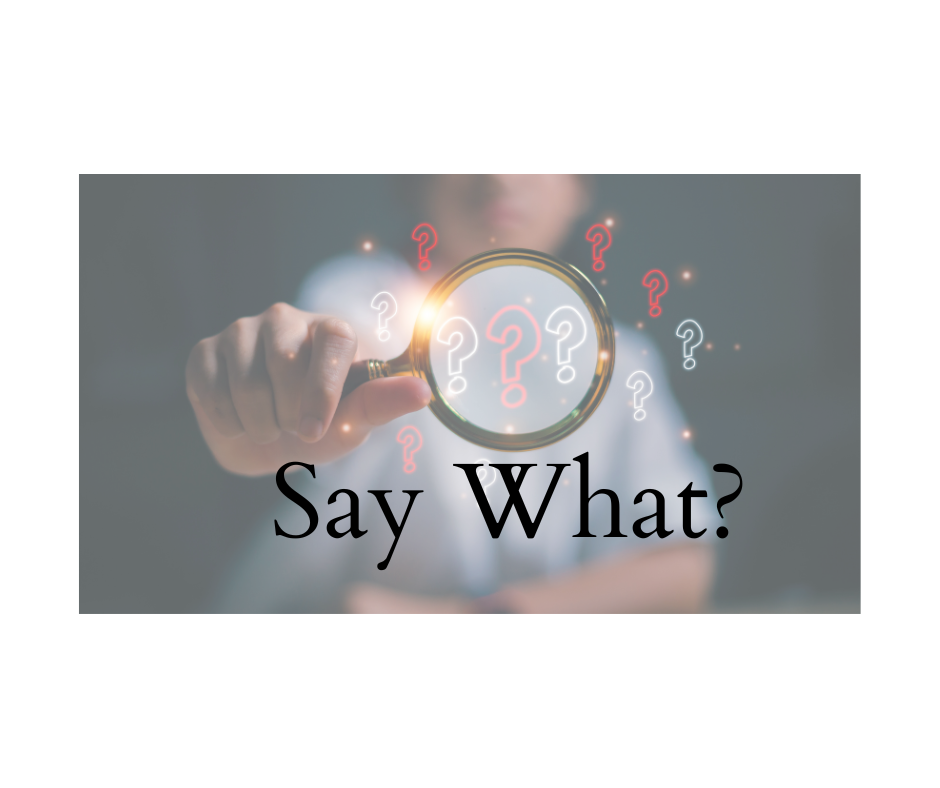To Apostrophe or Not—That Is the Question
Sometimes punctuation is a matter of context. Attributive vs. possessive nouns are a case in point. Is the second Sunday in May Mother’s Day, Mothers’ Day, or Mothers Day?
First, a quick review of the distinction in each of those examples:
- Mother’s Day – singular possessive
- Mothers’ Day – plural possessive
- Mothers Day – plural noun, attributive
Attributive nouns are nouns that are used as adjectives. In the third example, Mother, normally a noun, is used as an adjective. That makes it an attributive noun, which does not take an apostrophe.
The trick is determining whether the noun is being used as a possessive or as an attributive. And even grammarians are not in agreement. The venerable CMOS admits “that the line between a possessive . . . form and a noun used attributively—to modify another noun—is sometimes fuzzy, especially in the plural.”
Their solution is to remove the apostrophe in proper nouns. For example:
- Midwest Governors Association
- Department of Veterans Affairs
- North Dakota Hamster Lovers Association.
But keep these types as possessives:
- employees’ cafeteria
- farmers’ market
- men’s soccer club
Likewise, a name used as an adjective is attributive, not possessive:
- Higgins House (to denote a landmark)
- The Broncos game
But you would write: “We bought the Higgins’s house.” And “The Broncos’s last game was awful.” (If you don’t remember the rule about possessives for plural names, read this post.)
The Associated Press Stylebook explains it this way: “The apostrophe usually is not used if for or by rather than of‘ would be appropriate in the longer form: citizens band radio, a Cincinnati Reds infielder, or a writers guide.” In other words, if you can properly say “He’s an infielder for the Cincinnati Reds,” then treat it as attributive (which works in this case).








Thanks for clearing this up. I have to admit, I never could get straight whether it’s Valentines Day, New Year’s, etc. Assuming the same rules apply for those?
Whoa!
You may not know this, but I taught College English 101—literally. There were lots of discussions about punctuation, especially when “modern” changes from the time we attended school. But this particular item never came up. More to my regret. I stumbled along wondering, for instance whether it was Writer’s Digest,Writers’ Digest or Writers Digest or [the newer to me who was told if a term ended with an “s” one simply added an apostrophe to the possessive, no extra “s” needed] Writers’s Digest. The magazine spells its own title Writer’s.
I really appreciate this clarification. Another thousand clarifications like this and I can fire my editor.
I love you.
Larry Winebrenner
Thanks, Larry! When it comes to these attributive phrases, there is no consistency. It’s enough to make a writer tear her hair out!
Hi Susanne I have an urgent question and hope you can help me please. Where does the ‘s go in the following?
…now to my father, David’s, book [name of book] from which I gleaned … ; or,
…now to my father’s, David, book {name of book] from which I gleaned …
cheers Suzanne
The correct form is “Mother’s Day”.
This is the form insisted upon by the creator of Mother’s Day herself, Anna Jarvis.
She was insistent that it be a day dedicated to each and every individual mother.